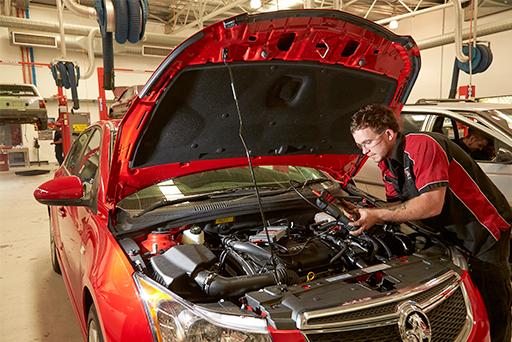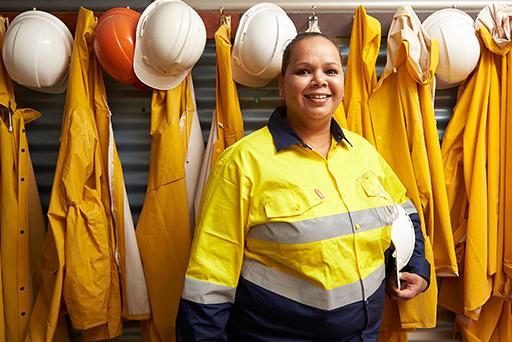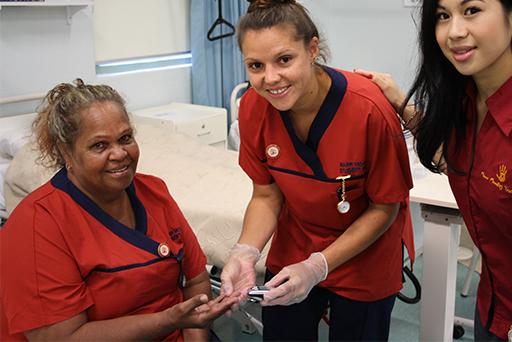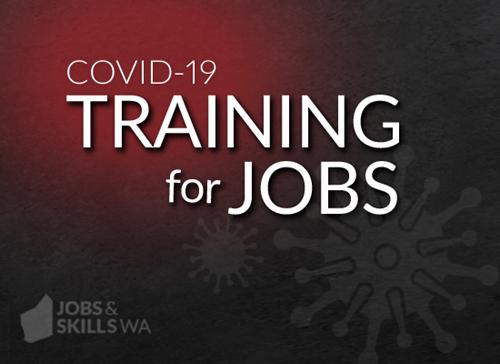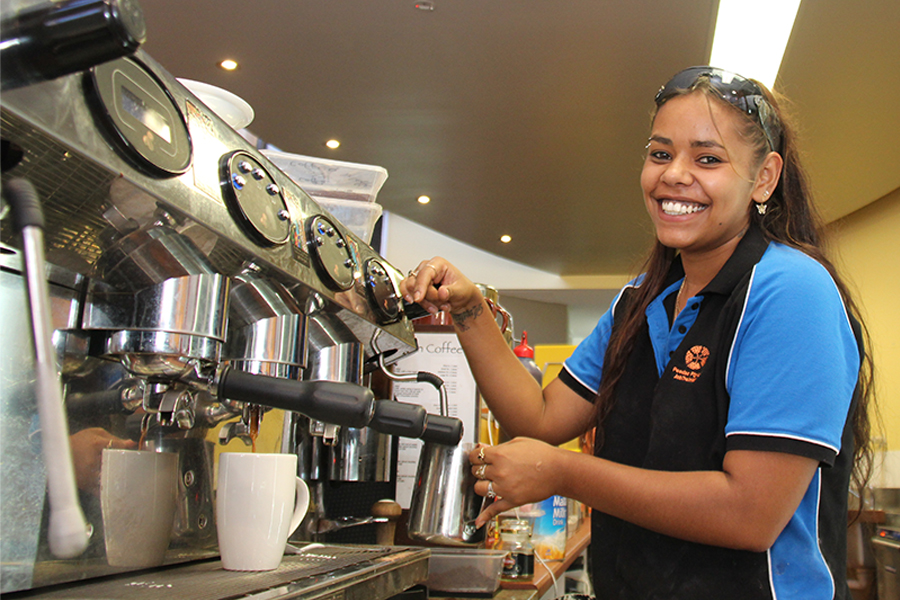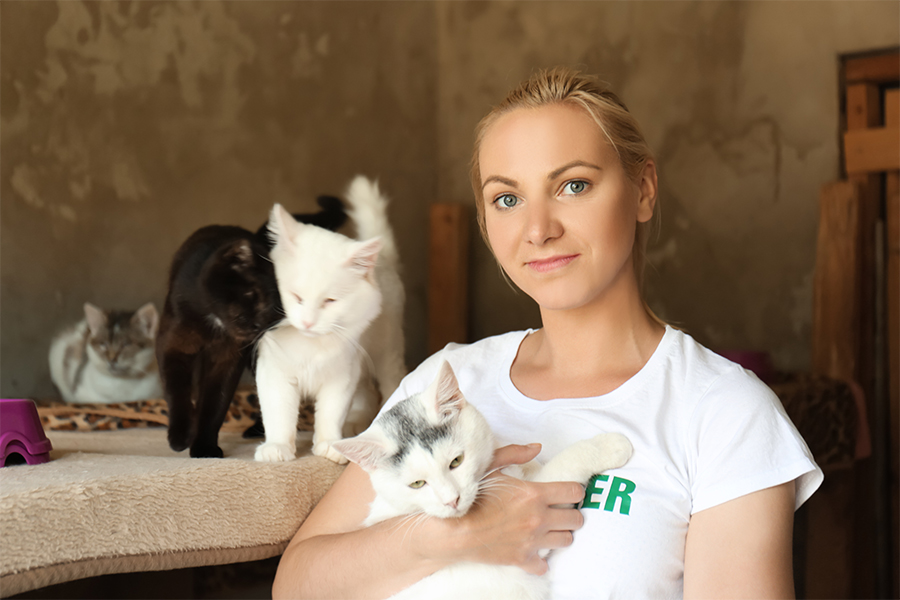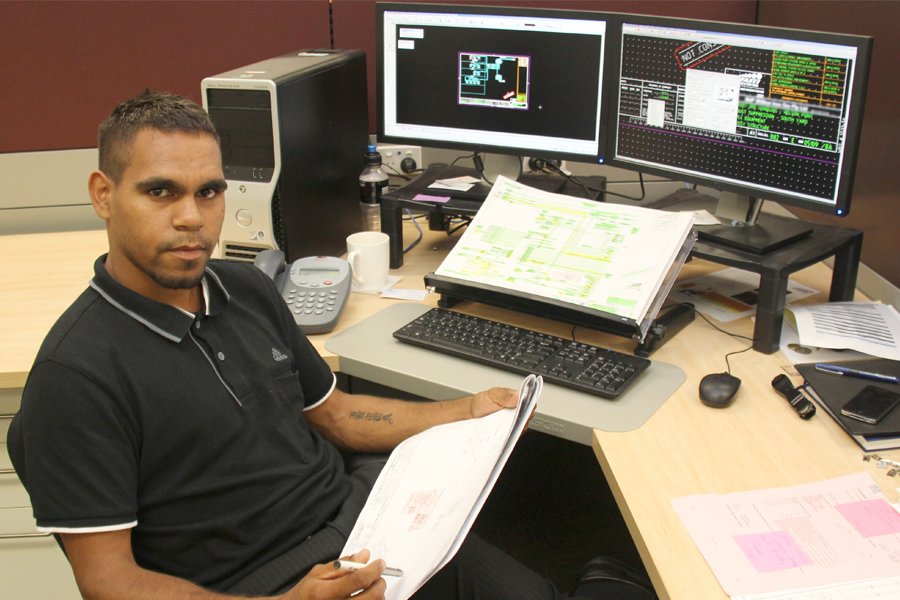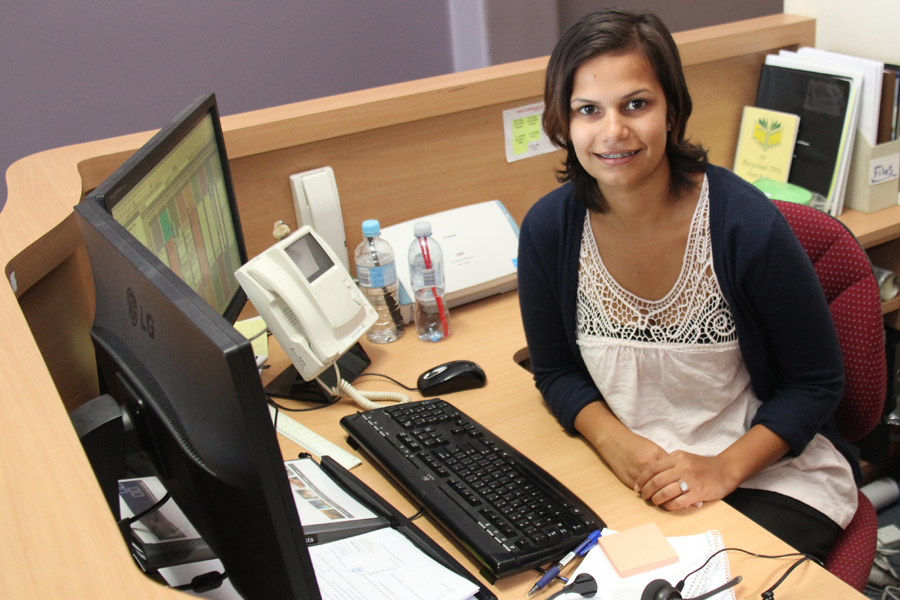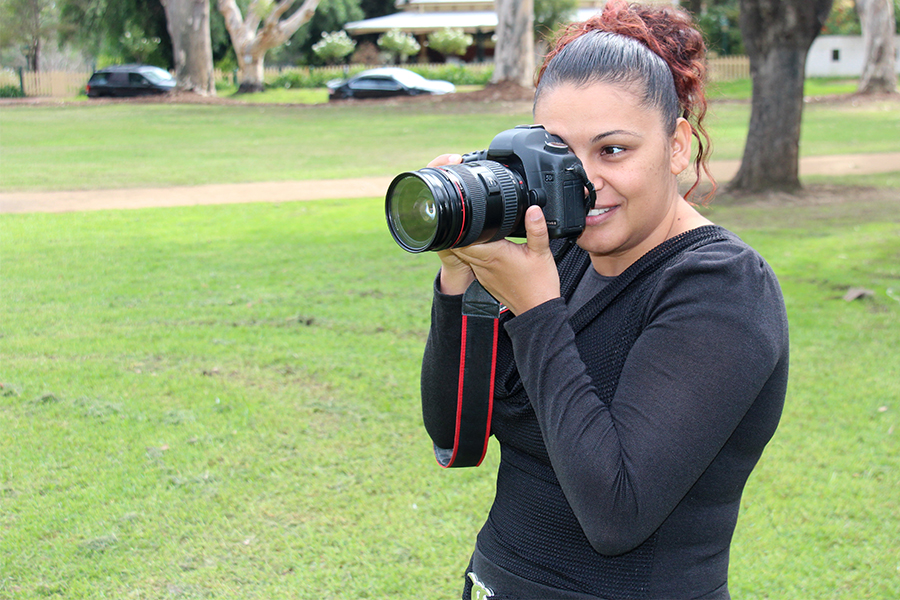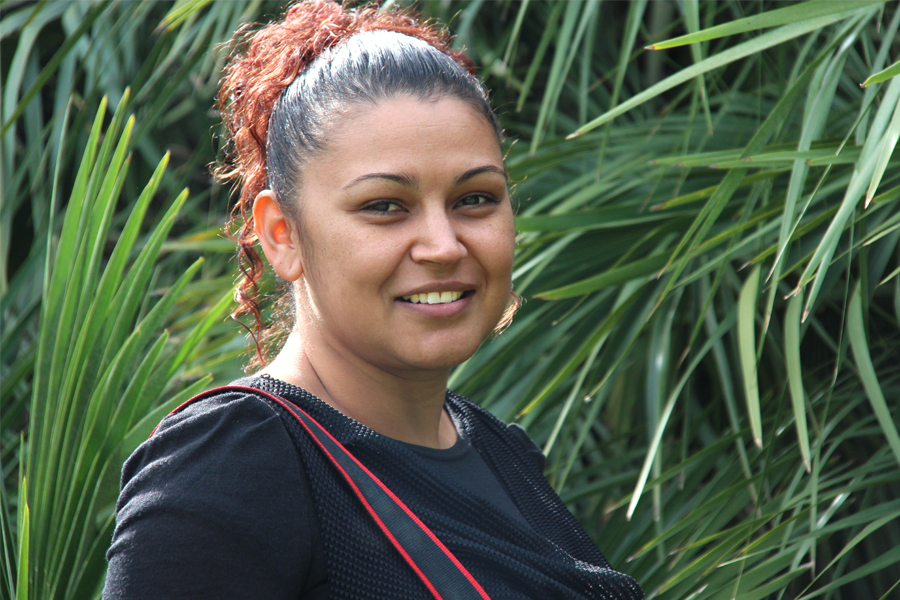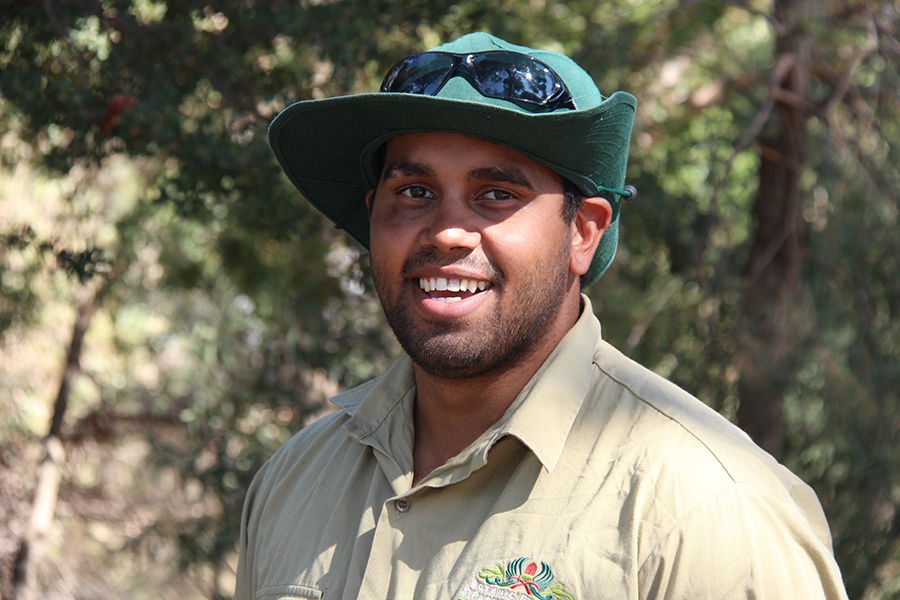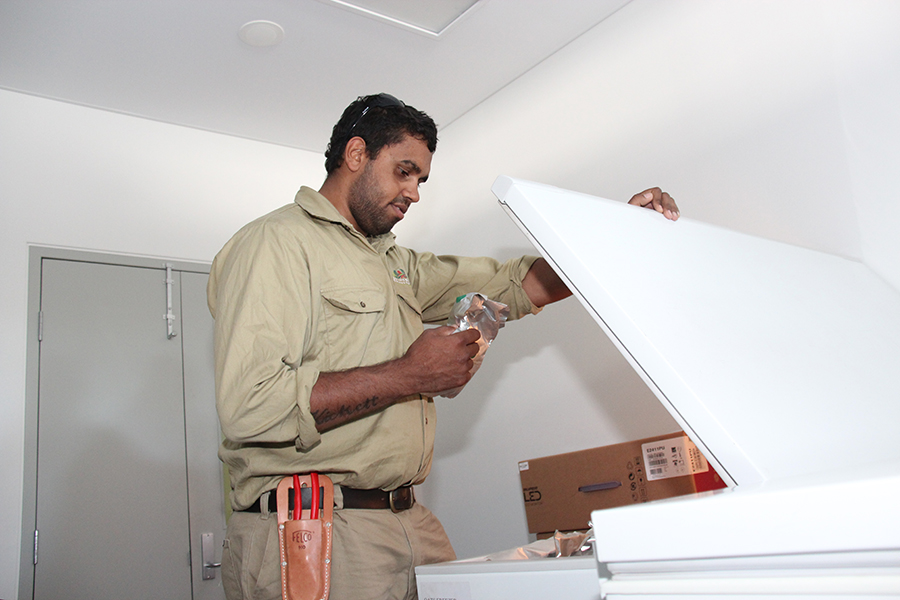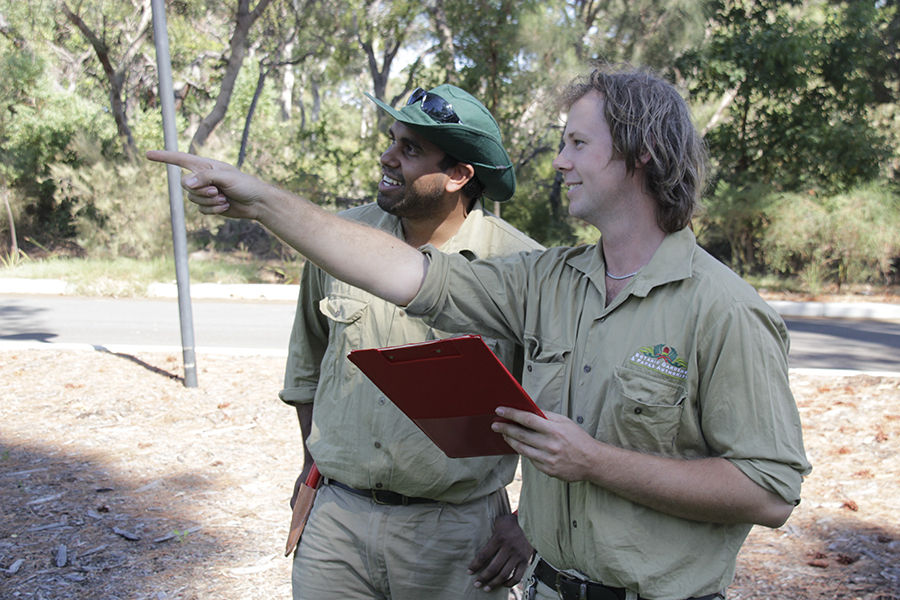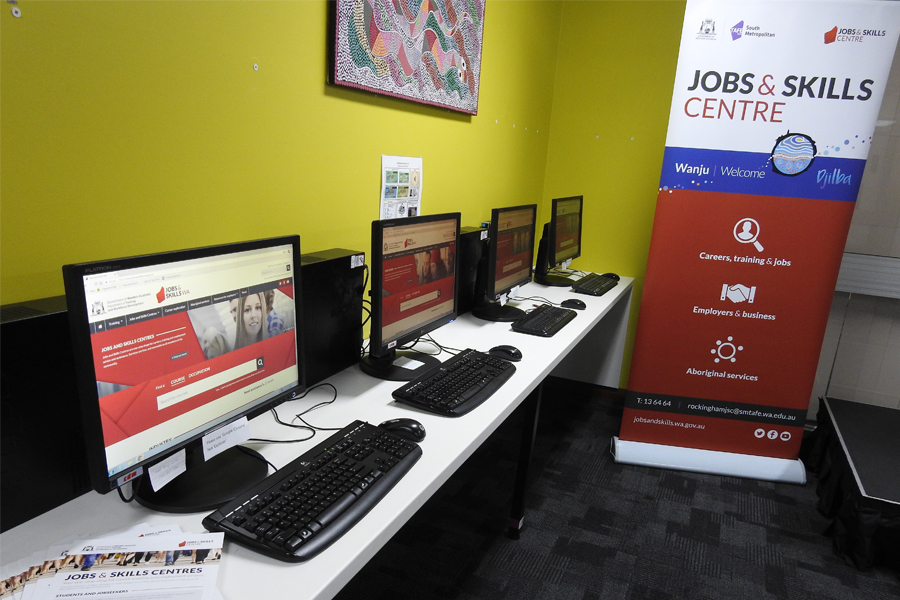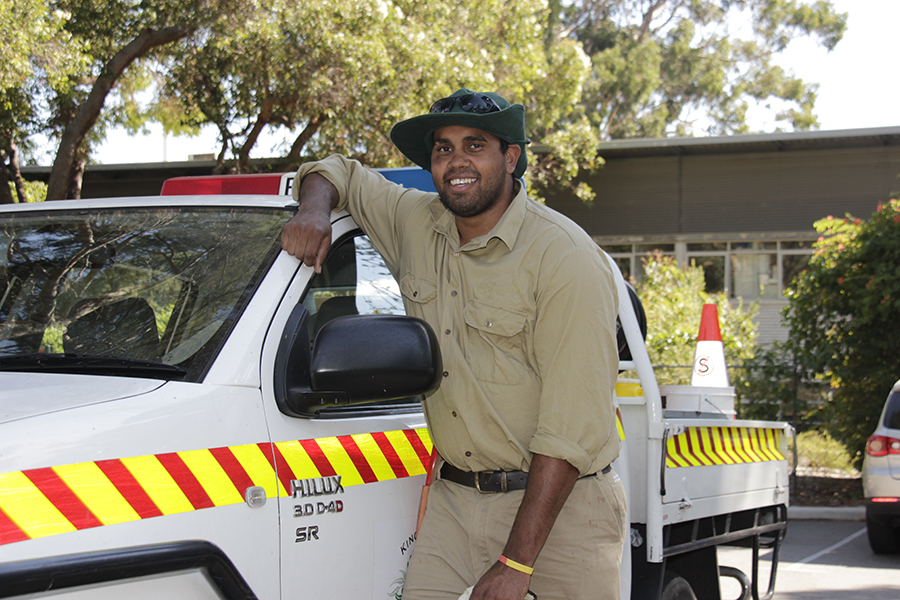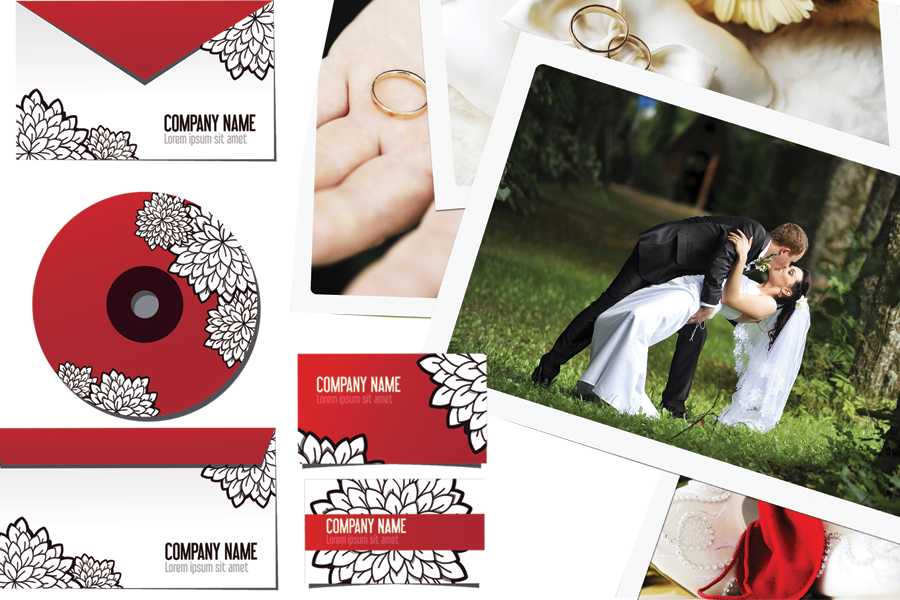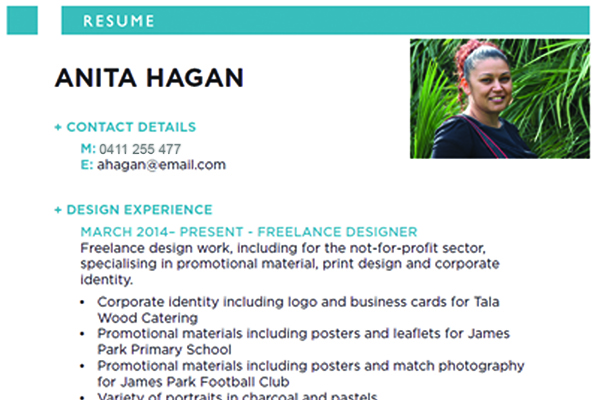Once you've chosen your path, how are you going to move forward along it? Maybe you'll need to improve or update your current skills, or learn some new ones to get that deadly job. You might need to skill up because you've been out of work for a while, don’t have a lot of work-related experience yet, or perhaps you want to change direction and move into a different type of work that involves a whole different set of skills. Skilling up can also help if you're finding it hard to get a job without a qualification.
Whatever the reason, there's lots of ways to skill up. And of course, your local Jobs and Skills Centre can help.
You can also find some great information in Career planning under the Jobs and careers section of this website, but here you'll find stories of people from your mob and find out how they skilled up.
COVID-19 Training for jobs
A number of short courses are being developed to prepare Western Australia to rebuild and reshape our business and workforce.
These short courses will be available from a range of training providers, including TAFE colleges, and will provide opportunities for people to upskill for jobs during the COVID-19 recovery phase.
From little things, big things grow
Exploring options
If you're going to skill up, it's worth spending a bit of time exploring the different ways you could go about it, and find the best option to help you along your path. Here's some different ways you could do it.
- Skill up through study
- Skill up through work experience
- Skill up by volunteering
- Skill up through self employment
It's really about finding the option that best suits you!
You can also find some great information in Career planning under the Jobs and careers section of this website.
And remember, your local Jobs and Skills Centre can provide free advice and information about skilling up.
Whether it's about choosing the right training training, assistance to get work experience, or anything else related to helping you reach your goals, they can help.
Careers: Exploring and planning
There's a lot of websites that offer tools, information and resources to help you with career planning. On websites like myfuture, which is now free for everyone in Western Australia, you can explore how your values, interests and skills match up with career pathways and options for training to help you reach your goals and check out case studies and videos of different occupations and industries.
But sometimes all that information can be confusing, or you need some help to put it all together, and that's where we can help!
The career experts at your local Jobs and Skills Centre can take a look at what you've put together so far, or the information you've found online, and you can tell them about the kind of career plan you would like to make. They can then work with you to make your career plan exactly what you need, so that you can get out there and make it happen!
There's 15 JSCs across Western Australia, so call your local centre on 13 64 64 and find out how they can help you.
Anita's skill up story
Time for Tom to skill up
Anita applies to skill up
Now that Anita's made the decision to skill up, she needs to figure out how to get into the course she wants. Anita looks up how to get into the Certificate IV in Design (Graphic Design) course on the training provider's website, and finds out that she needs to meet entrance requirements and apply online for a place in the course.
To see how she goes about getting in to her course, and what documents she gets together for her application, use the buttons to move through the slideshow.
Skilling up stories
In this video you'll hear the stories of how three different people decided to skill up by doing some study, and how that helped them get into the job they're doing now. They also talk about what they found challenging about skilling up, and share their experiences.
How we can help
You can see from Anita and Tom's stories that there are different ways to skill up and you don't have to do this all on your own.
Your local Jobs and Skills Centre can help you with all aspects of skilling up, from helping to choose the best study option through to helping put your CV together. They can connect you with local employers offering work experience, and you can also get onto the Aboriginal services jobs board to see what employment opportunities are out there.



